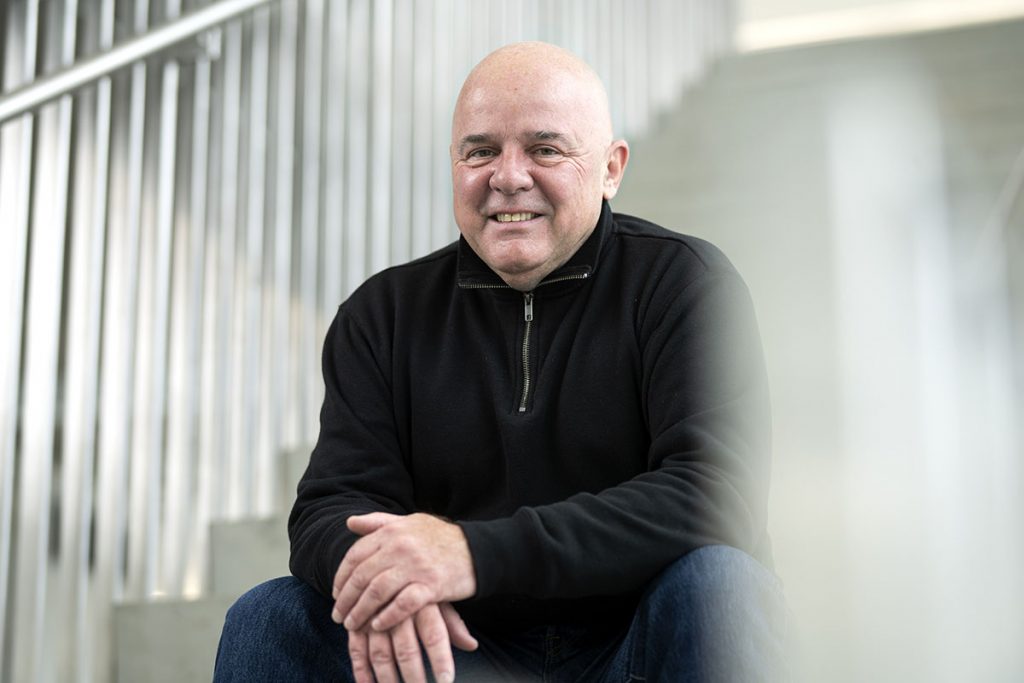Sprott’s Rick Colbourne awarded grant to study Indigenous perspectives on urban restructuring

Carleton University’s Rick Colbourne received approximately $250,000 from the Exploration stream of the New Frontiers in Research Fund (NFRF) to support his interdisciplinary research on Indigenous-led responses to restructuring in cities and urban centres.
“Carleton University greatly values its many collaborations with the Indigenous community,” said Rafik Goubran, vice-president (Research and International). “This notable project will advance our understanding of important urban issues as they relate to Indigenous communities, and help develop a path to improvement for all.”
The Exploration stream supports research that is not easily funded elsewhere. It seeks to inspire projects that bring disciplines together beyond traditional approaches with the capacity to explore something new with the potential for significant impact.
Using Two-Eyed Seeing and regulation theory, Colbourne, assistant dean of Equity and Inclusive Communities and assistant professor of Indigenous leadership and management in the Sprott School of Business, is helping to frame the ways cities and urban centres are being restructured using Indigenous perspectives.
“My team and I are grateful to receive this funding from NFRF,” says Colbourne. “This research is unique and promises high reward through co-creating interventions and actions that trigger social and economic transformation, with and by, marginalized communities on their own terms.”
Two-Eyed Seeing is a decolonizing practice that stresses a weaving back and forth between separate but parallel knowledge systems.
Regulation theory emphasizes the importance of considering local, social spaces of economic development, and supports the view that successful participation in the global economy is a highly localized process in which values, cultures and histories contribute to success or failure.
The research will target three challenges facing communities, including social and economic sustainability, inclusiveness for marginalized people and communities, and resilience against social, economic and environmental shocks.
The research team will work closely with communities to design interventions and implement effective mechanisms to respond to local challenges in Ottawa, Saskatoon and Vancouver.